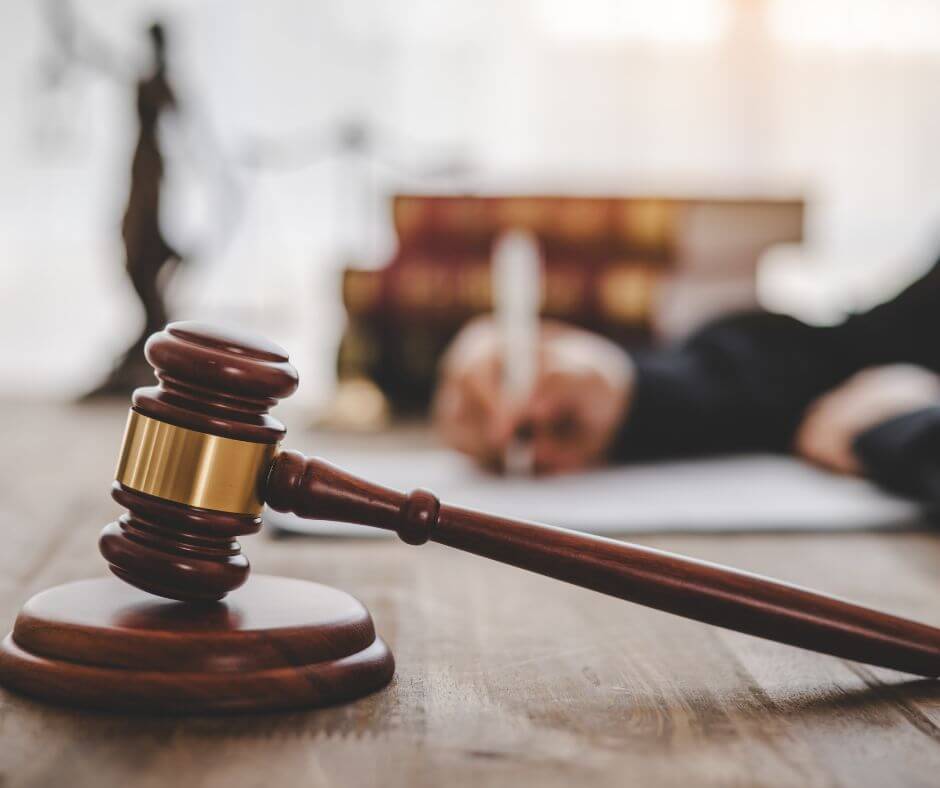
In the wake of a tragic loss, the grief that follows a loved one’s suicide is profound and often accompanied by a slew of unanswered questions.
Among these, whether there was a failure on the part of a mental health professional to prevent such a devastating outcome stands out.
Do medical professionals have a legal responsibility to suicidal patients?
The answer to this varies from situation to situation.
At MG Law, we are deeply familiar with these sensitive matters. If you suspect a medical professional may share some responsibility for the death of your loved one, please get in touch with us. We can help you understand your rights and explain how suicide malpractice cases work.
Feel free to reach out to us at (770) 988-5252 in order to arrange a consultation.
Duty of Care
In Georgia, as in many states, psychiatrists, therapists, and other mental health professionals have a well-established duty of care. This duty involves assessing and treating mental health conditions, including robust risk assessment strategies, crisis intervention, and appropriate follow-up care.
A mental health professional’s failure to adequately assess the risk or to act upon signs of suicidal intent can potentially lead to liability under a malpractice claim. Practitioners must document their assessments and interventions meticulously, as this documentation can play a pivotal role in future legal proceedings.
Cases of Negligence and Malpractice
Negligence in this context generally involves actions or omissions by a mental health professional that deviate from the standard of care expected in their field. For instance, a psychiatrist who fails to modify a treatment plan for a high-risk patient or neglects to supervise them adequately while under suicide watch might be considered negligent.
In Georgia, cases like these are complicated. They hinge on proving that the professional had a duty to the patient, breached this duty, and directly caused harm as a result. The foreseeability of suicide plays a crucial role in these determinations, focusing on whether the mental health provider could reasonably predict the patient’s risk of suicide and whether they took appropriate steps to prevent it.
For example, consider someone who is in a mental health facility and under a physician’s control. The therapist’s responsibility to a suicidal patient might warrant extra supervision, such as placing the patient under a suicide watch. If something happens where the patient is not monitored appropriately, the medical provider might be liable. However, a psychiatrist’s responsibility to a suicidal patient who is in outpatient therapy differs. There may not be a legal obligation to report suicidal thoughts in this case. That is why you should contact a Georgia suicide malpractice lawyer to discuss your legal rights.
Importance of Legal Representation
Legal cases involving suicide are complex and require a nuanced understanding of both mental health practices and the legal standards that govern them. MG Law has years of experience navigating these intricate cases and brings a compassionate approach to seeking justice for families affected by such profound losses.
Engaging with legal advocates with experience in malpractice related to suicide can significantly impact the outcome of a case. These professionals can help:
- Determine the feasibility of a claim,
- Gather necessary medical records and expert testimonies,
- Negotiate with medical malpractice companies, and
- Navigate the intricacies of malpractice law in Georgia.
If you suspect that a failure in duty by a mental health professional has led to a tragedy, don’t wait to call a lawyer. MG Law can provide the guidance and support needed to explore your legal options and potentially secure compensation for your family’s loss. Remember, while no amount of money can replace a loved one, holding the right parties accountable can bring a sense of justice and closure to bereaved families.
Contact a Georgia Suicide Malpractice Lawyer at MG Law
Navigating the aftermath of a suicide is incredibly challenging, especially when there are questions about the role of mental health professionals and the legal responsibility to suicidal patients. At MG Law, we are committed to providing the guidance and support necessary to address these complex issues with the sensitivity and thoroughness they deserve. If you or someone you know is struggling with the impact of a loved one’s suicide and suspect malpractice, please reach out to us for a consultation.
Understanding your rights and the responsibilities of mental health professionals is the first step towards ensuring that no other family has to endure the pain of loss due to negligence. At MG Law, we stand ready to help you navigate these turbulent waters with skill and empathy. Please contact us at (770) 988-5252 to schedule a consultation and let us help you identify whether you have a cause of action for suicide malpractice.

